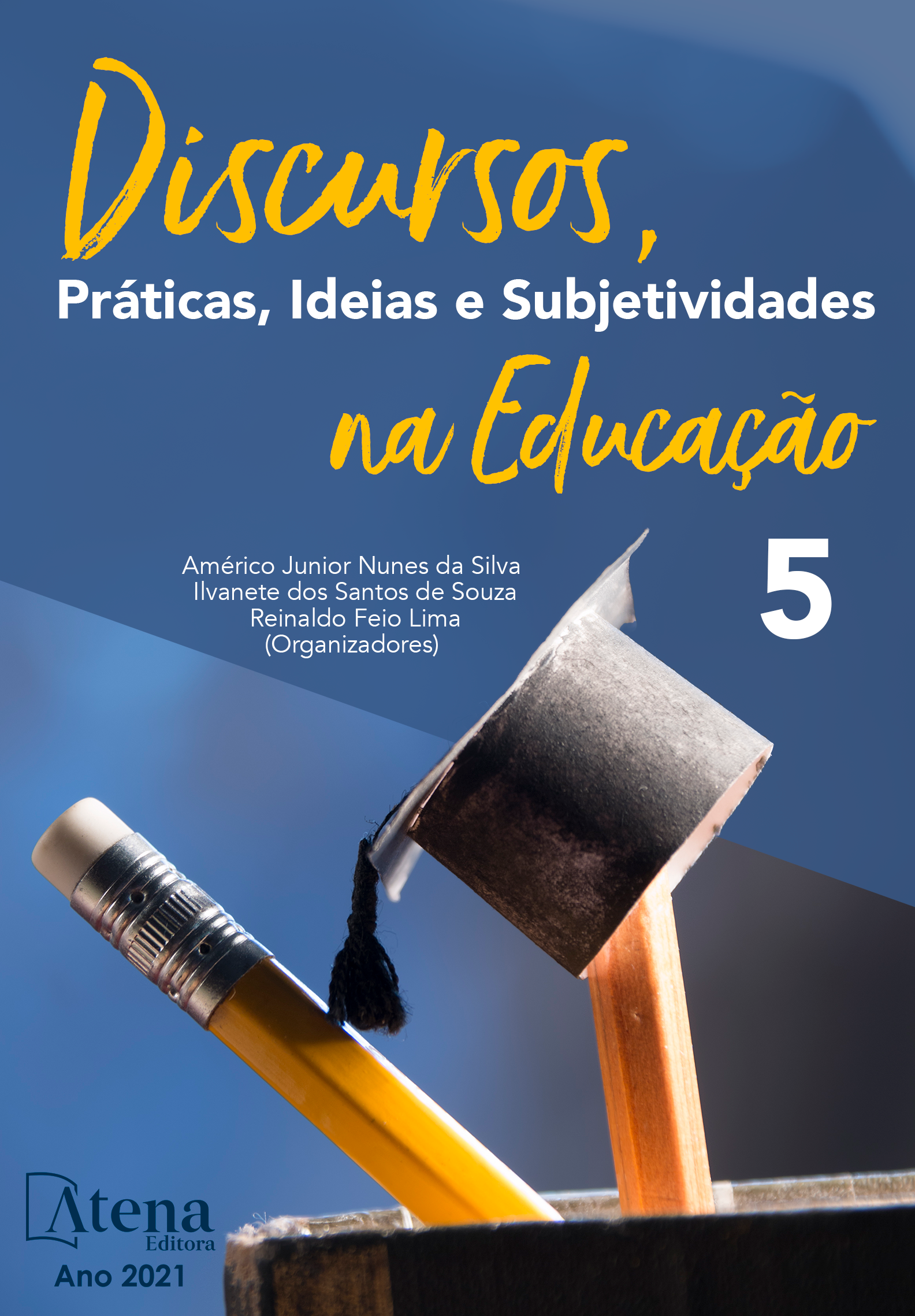
PERSPECTIVAS DOS PROFESSORES DE CIÊNCIAS E BIOLOGIA SOBRE A NOVA BNCC E A SUA IMPLANTAÇÃO NA EDUCAÇÃO BÁSICA
A etapa do Ensino médio é fundamental e obrigatória na Educação Básica e indispensável a formação dos cidadãos. Atualmente, vivemos intensas transformações sociais, inclusive no âmbito educacional, neste contexto, faz-se necessário a análise e o entendimento das perspectivas de docentes acerca da implementação da Base Nacional Comum Curricular (BNCC) e o reflexo de suas mudanças no processo de ensino e aprendizagem dos estudantes. A presente pesquisa, buscou identificar as impressões de docentes de Biologia atuantes em escolas estaduais de Ensino Médio (RS) sobre a BNCC e sua implantação nesta etapa da educação. A pesquisa foi realizada em maio de 2020 com cinco docentes de Biologia selecionadas aleatoriamente, levando em consideração o contato destas com a pesquisadora. Os dados foram coletados a partir da aplicação de entrevistas individuais, utilizando a ferramenta de chamada de vídeo do WhatsApp. As entrevistas foram gravadas, transcritas e submetidas a análise de conteúdo. Os docentes entrevistados apontaram como aspecto negativo a divisão das disciplinas em áreas do conhecimento e a definição de competências e habilidades, além de que, muitas escolas não possuem os recursos materiais e pessoais para a implementação das propostas do documento aprovado em 2018 pelo Ministério da Educação. Percebeu-se grande receio por parte das entrevistadas acerca dos itinerários formativos e da flexibilização do currículo e carga horária. A pesquisa revelou, de forma unânime, que o documento não foi implementado nas escolas onde as participantes da pesquisa atuam segundo o que preconiza a proposta do MEC e que, segundo elas, a proposta irá acirrar as dificuldades dos estudantes mais vulneráveis socialmente, uma vez que estes não terão acesso a escolas com oferta de diversos itinerários formativos. Por meio desta análise, percebe-se a insatisfação das docentes acerca da proposta da nova BNCC, e a dificuldade das docentes em mencionar pontos positivos do documento.
PERSPECTIVAS DOS PROFESSORES DE CIÊNCIAS E BIOLOGIA SOBRE A NOVA BNCC E A SUA IMPLANTAÇÃO NA EDUCAÇÃO BÁSICA
-
DOI: 10.22533/at.ed.27521280418
-
Palavras-chave: Desafios no Ensino Médio. Mudanças curriculares. Perspectivas Docentes. Biologia
-
Keywords: Challenges in high school. Curricular changes. Teaching Perspectives. Biology
-
Abstract:
High school is a fundamental, mandatory, and indispensable stage in basic education for the formation of citizens. Currently, we are experiencing intense social transformations, including in the educational context, in which it is necessary to analyze and understand the perspectives of teachers about the implementation of Brazil's National Common Curricular Base ("BNCC" in the Portuguese acronym) and the reflection of its changes in the teaching and learning process of students. This research sought to identify the impressions of biology teachers in public high schools situated in the southern state of Brazil, Rio Grande do Sul (RS), about BNCC and its implementation in this stage of education. The research was conducted in May 2020 with five biology teachers randomly selected, taking into account their contact with the researcher. The data was collected through the application of individual interviews, using the video calling tool in the application WhatsApp. The interviews were recorded, transcribed and submitted to content analysis. The negative aspects of BNCC pointed out by the teachers were the division of disciplines by areas of knowledge and the definition of skills and abilities. Besides that, many schools do not have the material and personal resources for the implementation of the proposals of the document approved in 2018 by the Ministry of Education. It was clear that the teachers had great concern about the formative itineraries, the flexibility of the curriculum, and the workload. The research revealed unanimously that the document was not implemented according to the guidelines in the schools where the interviewees work and, according to them, the proposal will increase the difficulties of the most socially vulnerable students, as they will not have access to schools offering diverse formative itineraries. Through this analysis, it is perceived the dissatisfaction of the teachers regarding the new BNCC proposal and the difficulty in mentioning the positive points of the document.
-
Número de páginas: 15
- Natalia Aparecida Soares
- Júlia Luz Bohrer


